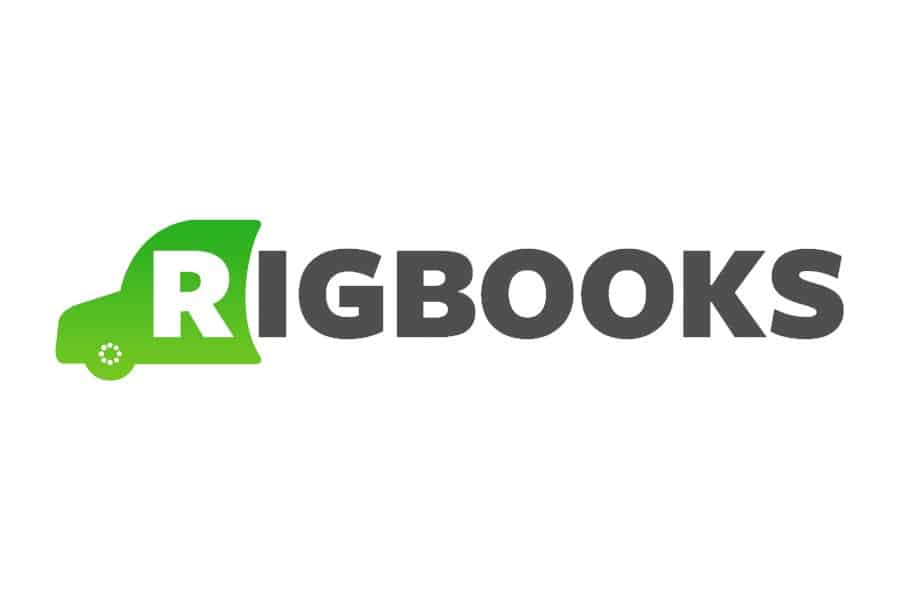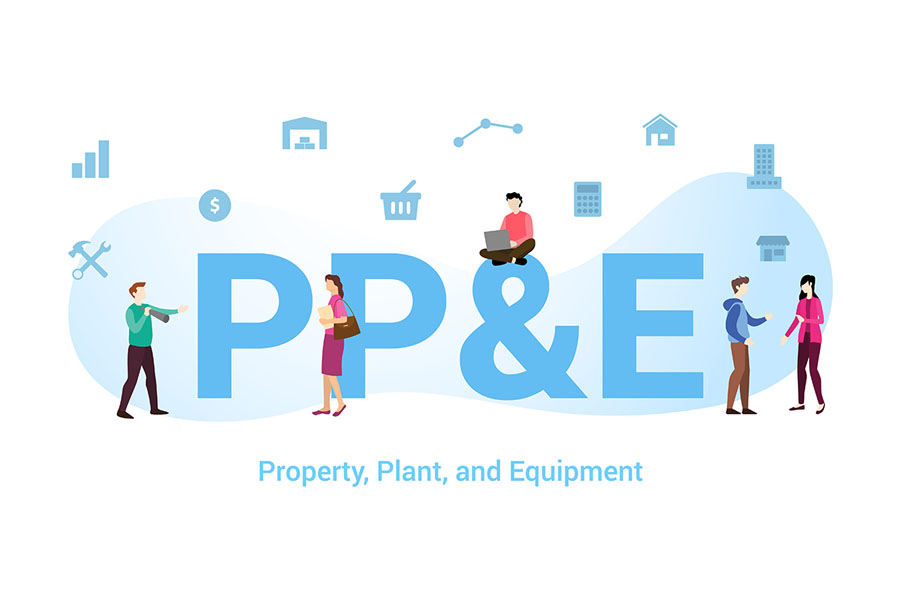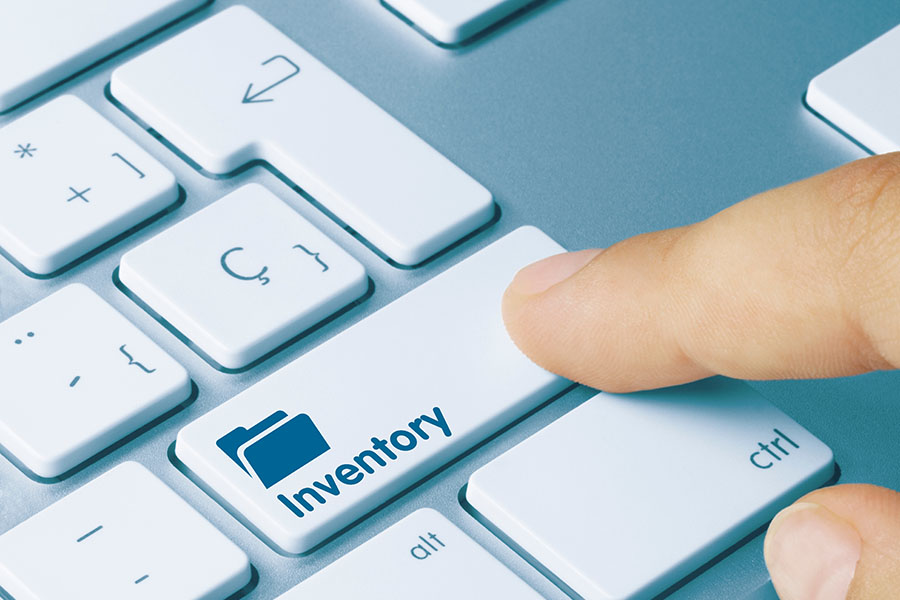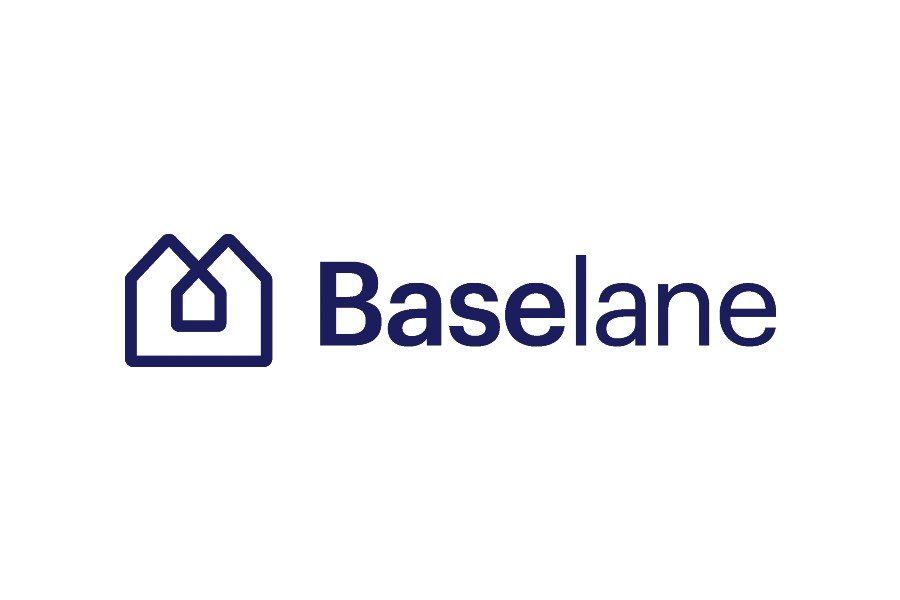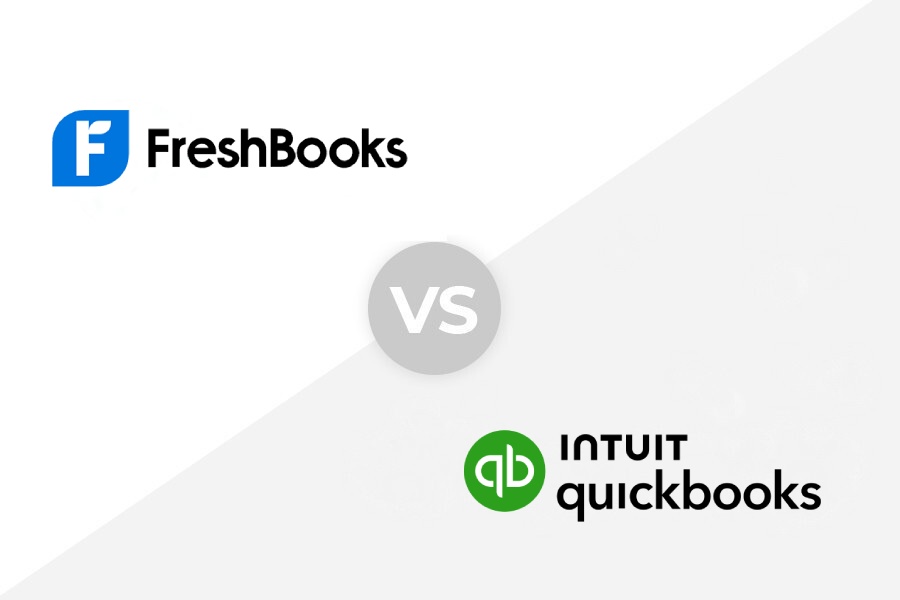
FreshBooks provides comprehensive accounting tools, including bill payment, project accounting, and time tracking. QuickBooks Solopreneur supports the basic accounting needs of one-person businesses, including expense tracking, invoicing, and profit and loss (P&L) reporting.
Our detailed FreshBooks vs QuickBooks Solopreneur comparison shows that:
- FreshBooks is better for small and midsize businesses (SMBs), especially those managing multiple projects and billing clients by the hour.
- QuickBooks Solopreneur is sufficient for freelancers, solopreneurs, and independent contractors with simple bookkeeping needs.
We are driven by the Fit Small Business mission to provide you with the best answers to your small business questions—allowing you to choose the right accounting solution for your needs. Our meticulous evaluation process makes us a trustworthy source for accounting software insights. We don’t just scratch the surface; we immerse ourselves in every platform we review by exploring the features down to the finest nuances.
We have an extensive history of reviewing small business accounting software, and we stay up-to-date with the latest features and enhancements. Our first-hand experience, guided by our internal case study, helps us understand how the different products compare with each other and how they work in real-world scenarios.
Use Cases and Pros & Cons
- Businesses needing financial statements: FreshBooks provides detailed financial statements, including a balance sheet, to help you track your assets and liabilities. Solopreneur is unable to do that since it’s a single-entry accounting software.
- Service-based businesses: FreshBooks includes built-in time tracking features, which are often required by service-based businesses, especially those that charge clients by the hour. Time entries can easily be added to invoices for simplified billing. In contrast, Solopreneur doesn’t have time tracking features.
- Freelancers managing multiple projects: Unlike Solopreneur, FreshBooks has project management tools that allow you to create tasks and projects, assign them to team members, and add transactions (like income and expenses) to track project profitability.
- Businesses and freelancers needing bill payment features: You can enter and pay bills directly from your FreshBooks account. Meanwhile, Solopreneur doesn’t have any accounts payable features, like bill payment.
- Managing employees through FreshBooks by Gusto: If you have employees, you’ll prefer FreshBooks to Solopreneur as it offers integrated payroll features through Gusto, a full-service payroll software. This allows you to pay your employees and manage HR processes, like employee benefits and PTO tracking. Our detailed Gusto review provides more information about this payroll solution.
Pros
- Is a double-entry accounting system
- Has integrated payroll
- Provides detailed financial statements
- Includes project accounting and time tracking tools
- Can reconcile bank transactions through bank feeds
Cons
- Can’t track multiple bank accounts without bank feeds
- Charges a fee for each additional user
- Can’t track inventory and COGS
- Freelancers needing to separate business and personal expenses: QuickBooks Solopreneur allows you to easily categorize each expense as business or personal, keeping your transactions organized. FreshBooks also does this, but it requires more manual input to categorize expenses as business or personal.
- Solopreneurs seeking basic income and expense tracking: You can enter income and expenses manually or connect your bank and credit card accounts for automated transaction import and streamlined reconciliation. Also, you can generate basic income and expense reports to determine whether you’re making money or not. FreshBooks provides strong basic financial reporting, but you have to upgrade to a higher plan to reconcile bank accounts.
- Sole proprietors and single-member LLCs: Self-employed individuals, like sole proprietors and single-member LLCs, can use QuickBooks Solopreneur to report their freelance income on Schedule C (Form 1040). FreshBooks can do this as well, but it might be more feature-rich than necessary for those with basic accounting needs.
Pros
- Can create target goals and track outcomes
- Has a streamlined interface for one-person businesses
- Lets you create and send estimates and invoices
- Automatically categorizes transactions
- Automatically calculates sales tax rates
Cons
- Can’t scale with your business
- Has no financial statements
- Won’t allow you to customize the chart of accounts
User Reviews: Tie
Since QuickBooks Solopreneur is a new product and has no user reviews at this time, I consider this section a tie. FreshBooks generally has positive reviews and some negative feedback focused on the price and lack of inventory management features.
Below, I summarize the most significant FreshBooks reviews plus my expert insights.
- Many users commented that it excels in project accounting. One of the best features, in my opinion, is the ability to track billable hours and convert time entries to invoices. We also like that it can track project estimates vs actuals to help businesses determine whether they’re making money on a project.
- It’s praised for its simplicity and ease of use. Based on my experience with FreshBooks, it’s a delight to use and I was able to find my way around in just a few hours.
- Some unhappy customers complained that it’s expensive for multiple users. I agree with this, as each extra user requires an additional fee. This is why I believe FreshBooks is an affordable option for freelancers or those without team members.
- Some reviewers wish that it had an inventory management tool, and I, too, hope that the provider considers adding this functionality. While FreshBooks is an excellent choice for service-based businesses, adding inventory management would also make it suitable for product-based companies. For now, SMBs needing inventory management can explore our top inventory management software recommendations.
At this time, here’s how FreshBooks is rated on popular third-party websites:
- Capterra[1]: 4.5 out of 5 based on around 4,400 reviews
- G2.com[2]: 4.5 out of 5 based on over 700 reviews
Pricing: FreshBooks Wins
Features: FreshBooks Wins
FreshBooks is the clear leader, as it has a more comprehensive feature set than Solopreneur.
Click on the headers below for details on the differences between FreshBooks vs QuickBooks Solopreneur.
FreshBooks and QuickBooks Solopreneur allow you to manually log your expenses or link your bank and credit card accounts to import your transactions automatically. Both also offer customizable categories so that you can accurately classify and organize different types of expenses.
However, FreshBooks is better as it includes a receipt capture feature, which allows you to snap a photo of your receipt and upload it to the program. FreshBooks will then extract the information from the receipt and attach it to an existing transaction or create a new one. Surprisingly, this feature isn’t offered in Solopreneur but is available in QuickBooks Self-Employed—the product Solopreneur replaces.
That said, if you handle numerous transactions daily and want to save time organizing your transactions, then FreshBooks is the way to go. However, if you only have regular expenses, such as utilities and monthly subscriptions, you can easily track them in Solopreneur even without receipt capture.
You’ll love both platforms for invoicing. They allow you to easily create and customize invoices by uploading your company logo, adjusting the color and design, and editing the invoice fields.
We commend QuickBooks Solopreneur for its new invoicing layout, which allows you to customize invoices on the spot without repeatedly clicking the preview button. This helps you save time on creating and personalizing your invoices.
Both programs offer time-saving features, such as recurring invoices. This feature is beneficial for those who bill their customers for the same amount regularly. You can also set up automated payment reminders to alert customers of late invoice payments.
FreshBooks and QuickBooks Solopreneur provide various ways to accept payments online, including invoiced payments, credit and debit cards, and ACH bank transfers. Customers can pay via third-party payment processors, like PayPal, Square, and Stripe, or through built-in payment tools, FreshBooks Payments, or QuickBooks Payments.
If you want to save money, you may prefer Solopreneur as it offers more affordable payment processing rates than most payment processors. For instance, QuickBooks Payments charges 2.99% per transaction for credit card transactions, while Square charges 3.3% + 30 cents per transaction. For more information, check out our QuickBooks Payments review.
To help you manage your bank transactions effectively, both FreshBooks and QuickBooks Solopreneur allow you to connect your bank accounts to your system. This automates transaction import and also streamlines the reconciliation process. However, a huge difference between FreshBooks and Solopreneur is that only Solopreneur allows you to reconcile bank transactions without bank feeds. With FreshBooks, you have to connect your bank accounts to reconcile transactions.
For businesses that operate in jurisdictions with varying tax rates, QuickBooks Solopreneur may provide a slight edge over FreshBooks. It’s because it can automatically calculate the appropriate sales tax rates to apply to an invoice based on where the transaction occurs. With FreshBooks, you have to manually input and customize the applicable tax rates for each jurisdiction individually.
Given QuickBooks Solopreneur’s focus on one-person businesses, it offers limited reporting options compared to FreshBooks. With Solopreneur, you can run basic reports, such as P&L and sales by customer summary reports, but you can’t generate comprehensive financial statements, like balance sheets and cash flow statements.
FreshBooks offers more robust reporting options, including a balance sheet, but it also has limitations. For instance, the balance sheet only shows primary categories, meaning you can’t drill down for more specific information, like classes and location.
If you need that level of reporting, consider QuickBooks Online Plus or Advanced. Head to our QuickBooks Online review to explore the different reporting options and features available, including class and location tracking.
Ease of Use: Tie
FreshBooks and QuickBooks Solopreneur are both easy to use, even for new users.
- FreshBooks has a simple and neat dashboard that is easy to navigate, making it suitable for businesses and freelancers who may not have extensive accounting knowledge. That’s why it earned a spot in our evaluation of the best accounting software for freelancers.
- QuickBooks Solopreneur is also user-friendly, with an interface that is essentially similar to QuickBooks Online. One-person businesses will love its streamlined dashboard focused on core accounting tasks like income and expense tracking and invoicing.
Customer Support: FreshBooks Wins
FreshBooks offers various customer support options, including phone support, chatbot, email, and a vast array of online resources. Similarly, QuickBooks Solopreneur users can also access different support channels, including phone support, live chat, and online guides. However, FreshBooks’ support may be a bit more reliable since you can call an agent. With Solopreneur, you have to send a request first and then wait for someone to call you.
Integrations: FreshBooks Wins
If integration is important to you, choose FreshBooks. It integrates with hundreds of third-party apps, including electronic bill pay, time tracking, and payroll software. Some of the most popular integrations include PayPal, Stripe, Square, Gusto, Mailchimp, and Shopify. Meanwhile, QuickBooks Solopreneur focuses mostly on tax integrations, including TurboTax—a tax preparation platform—to simplify tax filing for self-employed individuals.
Mobile App: Tie
Both providers have functional mobile apps for their target users, so we called this category a tie. The FreshBooks mobile app lets you record bills, accept payments, attach receipts, and enter time entries on the go. In contrast, the Solopreneur mobile app allows you to track expenses and business mileage, invoice customers, and accept payments.
Most freelancers and one-person businesses may find Solopreneur sufficient, especially if they don’t need additional features like time tracking and bill payments.
Assisted Bookkeeping: FreshBooks Wins
FreshBooks itself doesn’t provide bookkeeping services, but it integrates with Bench, an online bookkeeping platform, to accommodate users needing professional assistance. Bench provides you with direct access to a dedicated bookkeeper who will help you manage your books, including connecting your bank accounts, reconciling transactions, and generating reports. To learn more about this bookkeeping platform, you can check out our detailed Bench review.
Meanwhile, Solopreneur has no bookkeeping support, which is understandable since it’s designed for businesses with simple accounting needs.
Frequently Asked Questions (FAQs)
FreshBooks offers more comprehensive features, including bill pay, time tracking, and project management, making it ideal for SMBs. Solopreneur is primarily focused on basic accounting functions for one-person businesses, including invoicing, expense tracking, and basic reporting.
Yes, and we especially recommend it for service-based freelancers due to its robust project accounting and time tracking features.
Bottom Line
Whether FreshBooks or QuickBooks Solopreneur is better depends on your business type and specific needs. If you are a small business seeking advanced features, such as the ability to track time and manage projects, FreshBooks is better. However, if you are a one-person business such as an independent contractor or a sole proprietor that needs basic accounting, Solopreneur might be sufficient.
User review references:


